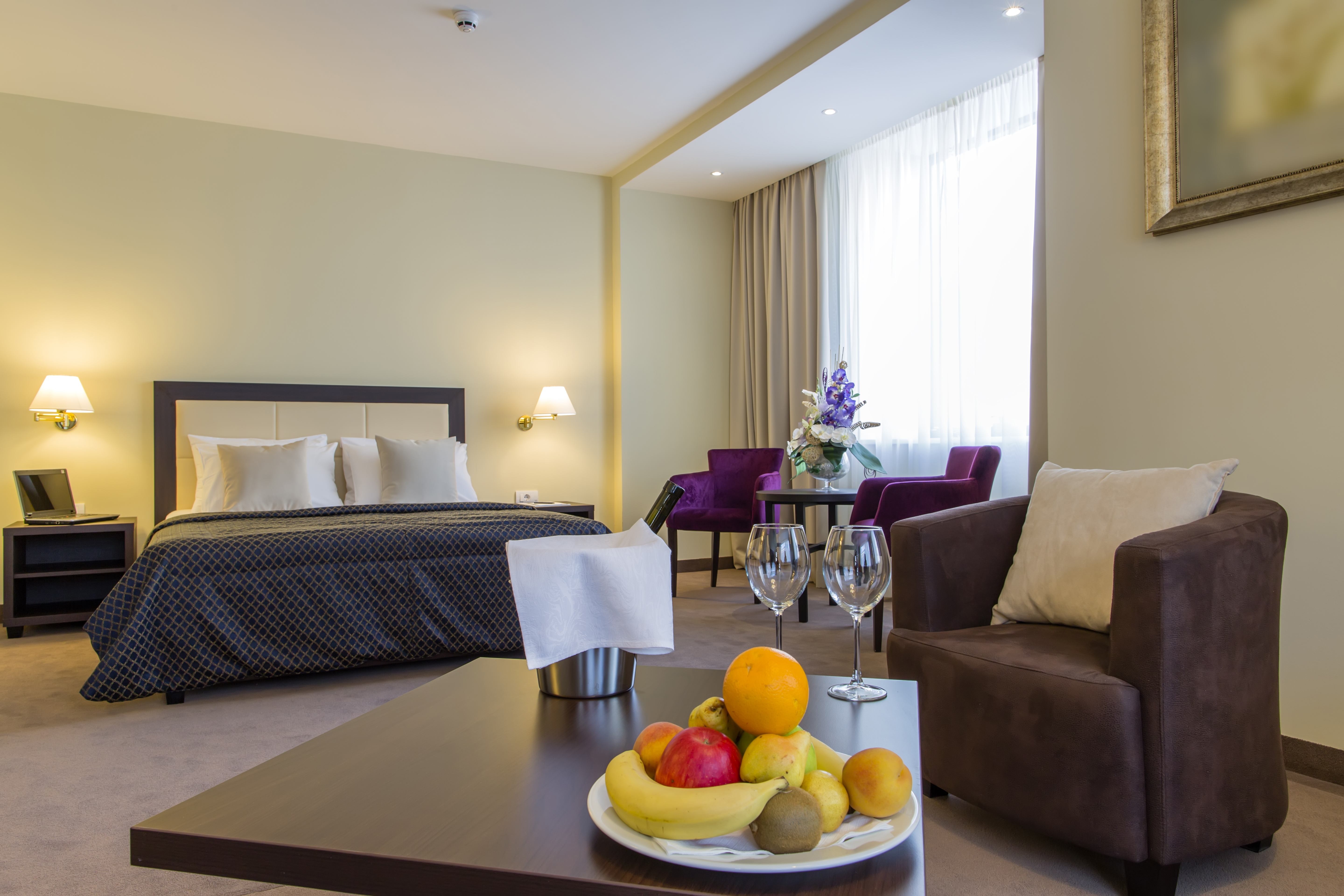Your Guide to Choosing the Perfect Getaway: Tips to Avoid a Vacation Nightmare
Dreaming of a relaxing vacation but end up in a cramped cabin with half the promised beds? Worried about farm smells ruining your holiday ambiance? Discover the ultimate guide to making an informed and wise choice for your next retreat.
 So how do you choose your getaway cabin? (Illustration photo: Flash 90)
So how do you choose your getaway cabin? (Illustration photo: Flash 90)Stunning panoramic views, a private pool, a fully equipped kitchen, luxury linens, soaps, wines, candles, and much more. These are just some of the promises you hear when you book your cabin, dreaming of the vacation you've wished for all year.
According to the Tourism Ministry, most Israelis vacationing in the country stay in hotels, usually rated four or five stars. However, cabins come next, chosen by 17% of vacationers in Israel, surpassing three-star hotels, which host only 10% of vacationers. It's no wonder that during the summer months, the demand for cabins skyrockets, and it seems that not a single cabin remains empty.
If you, too, are seeking a cabin that suits you, thinking about what you need before you start your search is advisable. Do you want privacy and quiet? Or perhaps a location near a settlement for easy access to stores and attractions? Is a pool essential, or is it the view from the balcony that matters to you? And for children—do you need a room with a separate entrance, or do you want them close? We talked to experts and cabin owners and compiled the ultimate guide to choosing the right cabin.
Stage 1: Cabin Location
There are more than 10,000 cabins scattered across the country. 90% operate in the north, in the Galilee or the Golan, but there are also desert cabins in the south and even near Jerusalem.
If you live in the center and prefer not to travel far, the cabins in the Jerusalem area or nearby south might suit you. A short drive without traffic, and you're already in a wonderful pastoral setting. However, most holiday-goers at this time of year prefer the north tenfold.
Even when you say north, there are various areas and places for a cabin, and here it's important to ask yourself—do you want the northern-most cabin (even near Mount Hermon), or prefer one closer to Tiberias? What about Safed or Meron? If you intend to vacation on Shabbat, these areas are ideal, offering an unforgettable Shabbat atmosphere.

For couples seeking tranquility, it's best to choose the most secluded cabin. In contrast, if traveling with children, ensure attractions suit them and that it isn't isolated from the world. For children, nearby petting zoos, horseback riding, and playgrounds suffice for the entire vacation.
Stage 2: What Does the Cabin Include?
For families, ensure the cabin fits your number and composition, as family cabins often include several guest lodges. Also, check with the owner about special amenities for children (hammocks, toys, yard equipment, etc.).
In the summer, many prefer a pool, but ensure it is fenced off for children's safety. Determine if the pool is private or shared. If shared, check for separate swimming hours.
Regardless of the pool, privacy is crucial. Instead of asking "Is there privacy?" (the owner will likely say yes), ask if other cabins or neighbors are visible from the porch. Also, inquire about nearby animal farms as their smells might disturb the vacation.
Don’t hesitate to ask the owner anything. Even if the cabin's website shows stunning pictures, confirm they reflect the true conditions by asking questions.
Stage 3: Checking Lists
Currently, the 'Cabin Association' is initiating a standard label to enforce certain standards on cabin owners. This is significant because it assures guests that a cabin meeting these standards maintains specific quality and safety criteria. If disputes arise, arbitration is possible. Though the list isn't officially published, the association can recommend cabins.
Alternatively, consider the standards set by the Tourism Ministry. Their website lists about 700 cabins, rated by the ministry. A cabin joining the list receives a "BB" symbol, proving it passed inspection. However, this does not verify religious or aesthetic aspects—only measurable, objective criteria like safety.
Stage 4: Kosher Certification
When it comes to renting cabins, especially for observant guests, there's much more to consider.
Many cabins claim to accommodate religious families, but reality might lack Shabbat timers, hot plates, and mezuzahs. Nobody regulates their "kosher for religious guests" claims, so they're made freely.
Kosher certification is complex, particularly regarding kitchen tools offered. Even with two sinks, nothing guarantees previous guests didn't mix them. And the "meaty" labeled pot isn't certified milk-free. What's the solution? These are deeply halachic questions best answered by personal rabbis.
Yet, more luxurious cabins offer meals, wines, and food products. Some claim "kosher breakfast," but might lack local rabbinical approval, which is illegal.
Demand kosher certification for food services, encouraging owners to invest in kosher standards, which can attract more customers.
Stage 5: Cost of Booking
The ultimate question: how much will it cost? Final prices vary based on criteria. Budget cabins cost about 350-400 shekels per night, often in less attractive areas with few amenities besides lodging. Luxurious cabins in prime areas with features like pools and gyms start at 500 shekels per night, with opulent ones reaching 1,000 shekels.
Shabbat and weekend prices are about 30% higher than regular days.
If costs seem high, consider delaying your vacation for cheaper off-peak prices, sometimes 60% lower. Sharing nearby cabins with another family can also reduce costs.
Stage 6: Signing Contracts
Never rely solely on verbal agreements or assurances like "I saved the spot for you," and "my word is my bond." Require a written, signed contract.
Check that the contract indeed includes all your agreements (focus on the price) and insurance for guests. Ensure all family members are insured with appropriate forms listing cabin visitors.
Such signatures can spare you significant distress. Without a contract, owners may double-book for higher-paying guests, or charge unexpected fees that differ from the initial agreement, and you'd have no proof otherwise.
Needing insurance is common, especially with unfortunate injuries or drowning incidents at cabins (sadly not rare). If the owner refuses a contract and insurance, avoid their cabin at all costs.

